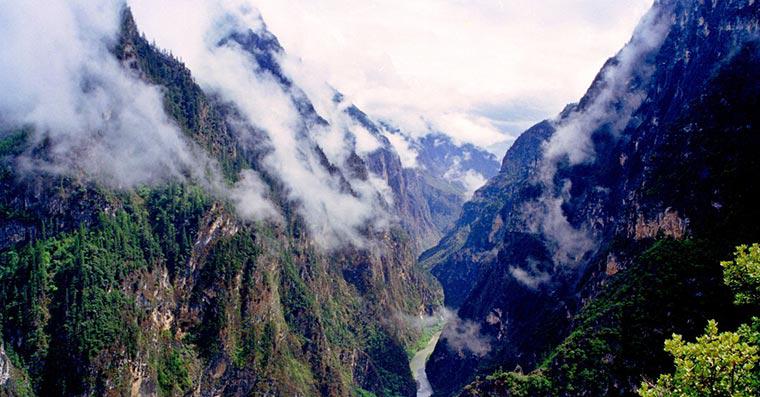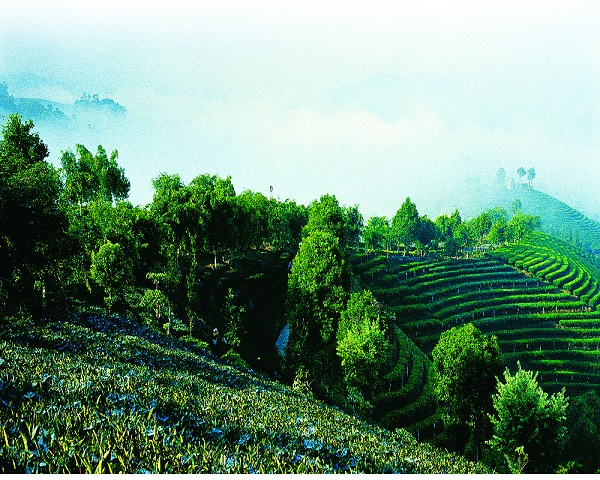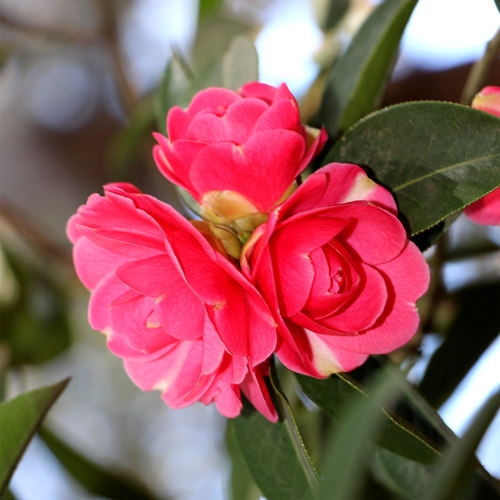
Pu’er coffee
22 years ago, the world famous coffee giant Nescafe found its “new continent for coffee” in Pu’er of Yunnan Province. It then started programmes in Pu’er to plant coffee on a trial basis, and set up farms for experimenting, training and technical aids.
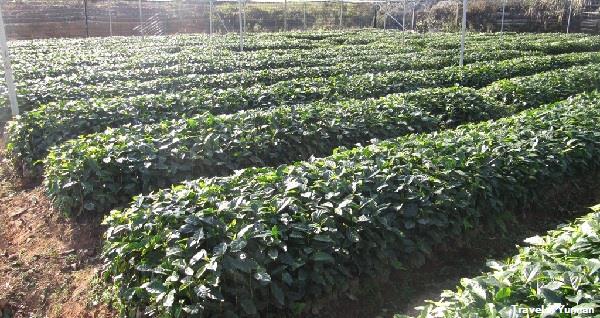
The influx of the world first class coffee planting technique into the advantageous natural environment has given birth to the production of the premium small-kernel coffee that tastes strong, fragrant and mellow but not bitter, with a natural flavour of coffee beans.
In 2003 for the first time, the world’s top coffee brand Nespresso adopted Pu’er coffee beans as materials, making Pu’er coffee rapidly become one of the world first class coffee brands gaining a soaring fame.
In January 2006, the Specialty Coffee Association of America (SCAA) issued the composite marks after comparing Pu’er coffee with Columbia coffee: 88.75% to 85.88%, implying that Pu’er can be a rival of Columbia regarding coffee.

On 12 November 2010, Starbucks, Yunnan Academy of Agricultural Sciences and the People’s Government of Pu’er City signed a memorandum of understanding in order to promote the development of the coffee industry of Yunnan Province. Till then, the world coffee giant Starbucks had hopefully extended its business to Pu’er which is a miraculous land in the world. The three Parties will jointly seek a more environment-friendly way to plant higher-quality coffee beans catering to the local environment of Yunnan.
By 2012, Pu’er city had a total coffee plantation area of 43,333 hectares including a new area of 13,877 hectares and a total production area of 18,000 hectares with a total annual output of 36,500 tonnes (worth 900 million RMB) among which 247,00 tonnes were exported, earning 99.94 million US dollars. Needless to say, coffee had become the biggest dollar-earning industry of Pu’er City.
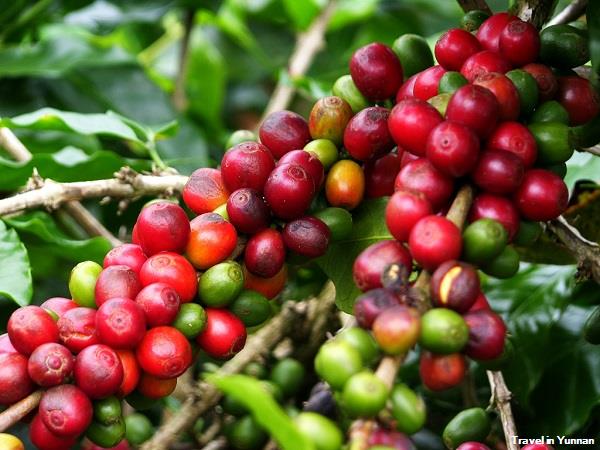
On 10 December 2012, China Fruit Marketing Association (CFMA) officially named Pu’er City “the Coffee Capital of China”.
In 2016, Pu’er City strives to enlarge its total coffee plantation area to 66,667 hectares including a total production area of 46,667 hectares with an estimated total annual output of 100,000 tonnes (worth at least 10 billion RMB).
